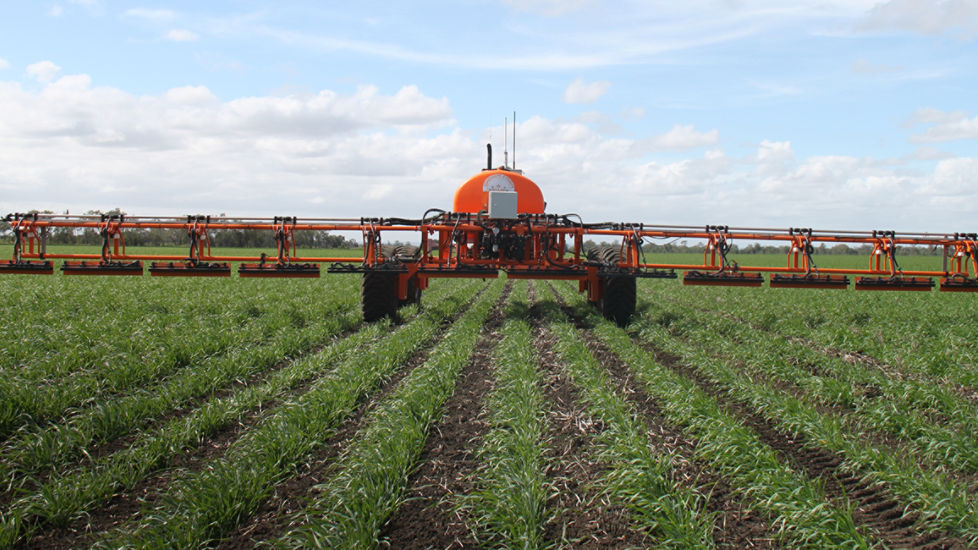Adaptation in action
This adaptability isn’t limited to farmers – it’s evident across regional businesses.
In Toowoomba, Jessica Stower remembers the moment her plumbing business hit a wall. The gas boom that had driven rapid growth slowed, leaving PCP Solutions scrambling for work.
Instead of cutting back, they shifted focus from gas infrastructure projects to commercial plumbing and introduced quality assurance, safety, and environmental certifications to win new contracts.
“We overcame challenges by changing our business model,” she said. That pivot, backed by new safety and quality certifications, helped the company grow from a family operation to more than 100 staff.
Creating a circular economy
About 1,000km south in Griffith, Peter Piccolo faced a similar reckoning. His family farm was too small to survive on traditional crops. Instead of selling up, Piccolo turned to agri-tourism and premium wine.
“We created our own market, our own distribution, our own product,” he said. By importing unique Italian vines and building a closed-loop model - growing grapes, making wine, and selling direct - the farm transformed into a destination.
That model now powers a partnership with his son Luke, owner-chef of Limone, one of Griffith’s most acclaimed restaurants. Luke Piccolo’s menus showcase estate-grown produce and wines from the family farm, creating a true farm-to-table experience.
“Any challenge forces you to revisit your business model,” Luke said.
Roddy Brown, CBA’s National General Manager for Agribusiness, said the ability of regional businesses to evolve under pressure is what sets them apart.
“Across the country, farmers and regional businesses are rethinking how they operate, whether that’s through new technology, diversification or smarter ways to manage supply chains,” he said.
“That willingness to adapt is what keeps Australian agriculture strong. Our role is to back that resilience with practical support, long-term relationships and the capital needed to turn good ideas into lasting success.”
Entrepreneurial spirit
Griffith’s mayor, Doug Curran, sees that entrepreneurial spirit leading to diversification everywhere.
“Wineries introduced breweries. Domestic suppliers went international,” he said.
“It’s a pattern repeated across regional Australia, with businesses finding new markets and new ways to grow.”
Griffith local and CBA relationship manager Lauren Carnell, who works closely with producers in the region sees resilience not just in business models, but in the people behind them.
“They’re hard workers. They get on and do things when times get tough. They learn how to adapt and evolve and have the courage to do things differently,” Carnell said.
The power of community
Resilience in the regions is built on connection. Diversification, skills, and innovation matter, but they rely on a community foundation.
“When we support the community in hard times, they support us back,” said Luke Piccolo. “Everyone gets around each other.”
It’s the same principle behind this year’s National Agriculture Day theme: Stand with the Land, a reminder that resilience depends on standing together.
That’s how these communities weather droughts, floods, skills shortages and economic curveballs - by pulling together to turn adversity into opportunity.
CBA has supported Australian farmers and regional communities for more than a century. This year’s National Ag Day on Friday 21 November invites all Australians to pause and acknowledge the resilience and innovation of our farmers and rural communities.




